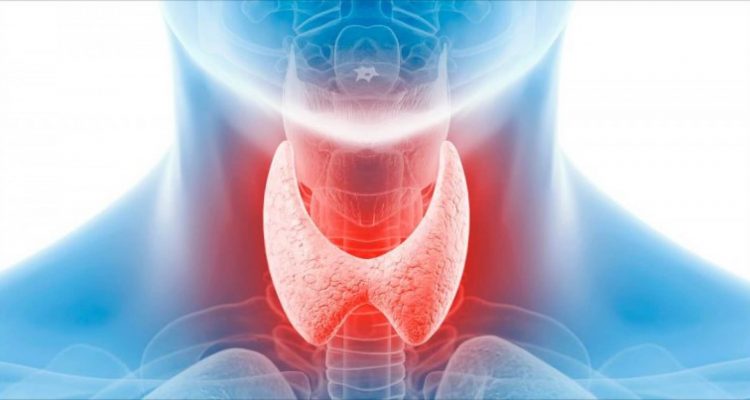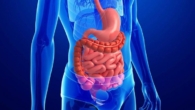
Three morning symptoms that may indicate thyroid problems
0
One of the most common diseases of the thyroid gland is hypothyroidism. The disease can remain unnoticed for a long time, masquerading as other pathologies.
If hypothyroidism is not treated, it can lead to the development of cardiovascular diseases, according to the study. There are three morning symptoms that you should see a doctor for.
- Constant fatigue, even right after waking up. The person literally cannot get up.
- Pain, cramps or aches in the muscles without physical activity the day before.
- Chills, even if the room is warm.
Other symptoms of the disease:
- Apathy, lethargy, attacks of laziness;
- Drowsiness, especially during the day;
- Reduced reaction;
- Immunity decline and frequent colds;
- Memory deterioration, problems with learning new information.
— Patients get cold in any weather, movements slow down, the face acquires a bluish tint, the skin becomes dry. Another symptom of hypothyroidism is brittleness and severe hair loss. An advanced hypothyroidism negatively affects the appearance: the face becomes puffy, the eyelids swell, the corners of the mouth droop, the study says.
Hypothyroidism is manifested by a decrease in the functions of the thyroid gland and a sharp decrease in the amount of hormones it produces. The disease proceeds and instead slows down all processes in the body. That is why a person feels weak, sleepy.
How else can you suspect hypothyroidism
— Measure your body temperature in the usual way every morning for 10 days. An indicator of 36.5 – 36.8 degrees is considered normal. If the temperature measured in the morning is below 36.5 degrees, this may indicate hypothyroidism, the study emphasizes.
What are the swellings in hypothyroidism:
In this in this case, swelling can be observed not only in the usual areas (legs, eyelids, hands), but also in non-standard areas. Throat and tongue may swell, due to which the voice changes. The ear may swell, and then the development of otitis is possible.









Leave a Reply